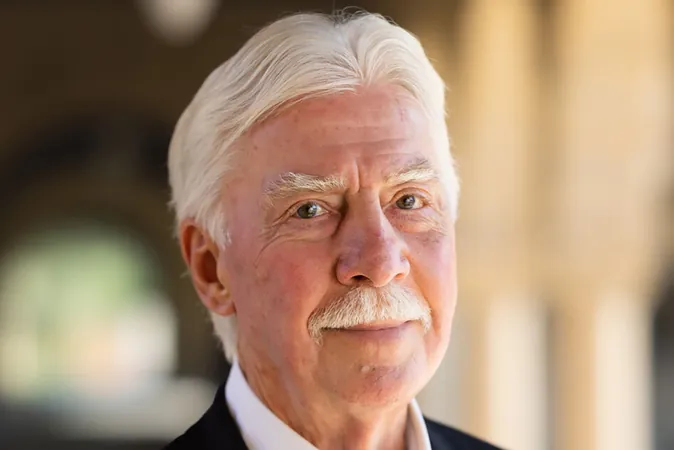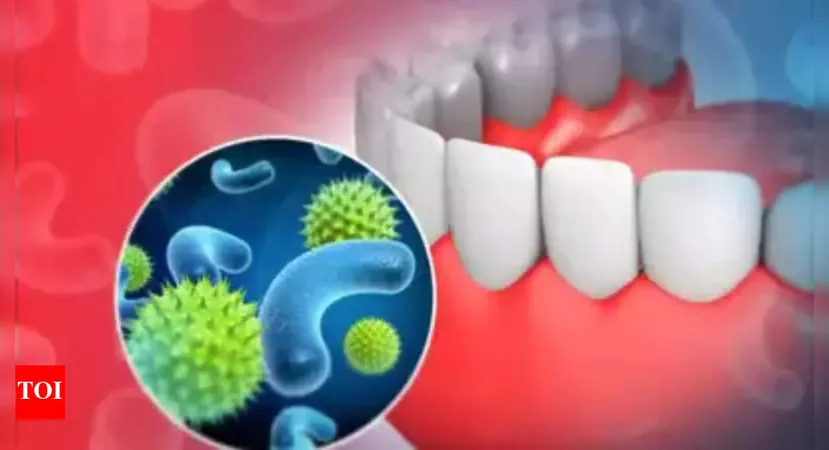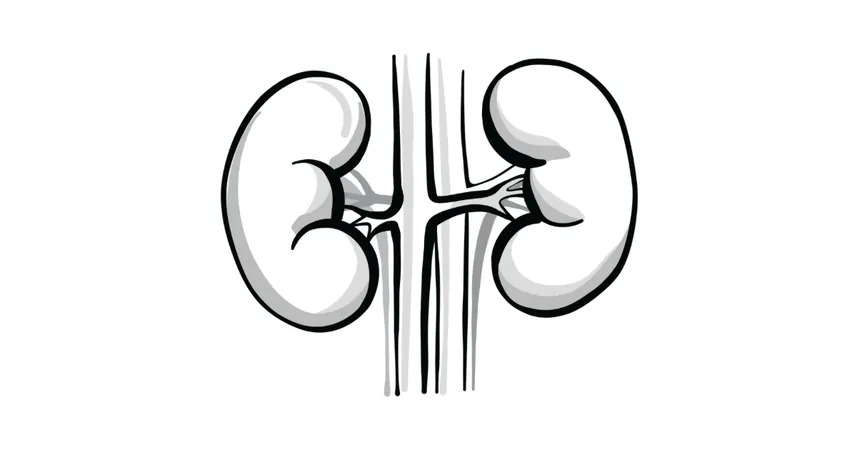
Breakthrough Compound EBC-46 Paves the Way to Potentially Cure HIV!
2025-01-24
Author: Arjun
In a groundbreaking revelation, a compound known as EBC-46, famed for its cancer-fighting capabilities, is now showing enormous promise in the fight against the human immunodeficiency virus (HIV). Recent research led by Stanford University has highlighted the compound's effectiveness in activating dormant cells where HIV lurks, opening up new doors towards a possible eradication of the virus.
What sets EBC-46 apart from other latency-reversing agents is its remarkable ability to "kick" dormant HIV-infected cells into action. This is crucial because these cells can evade treatments and remain hidden from the body’s immune response, contributing to the persistence of the virus. Researchers believe that using a “kick and kill” approach with EBC-46 could lead to the permanent elimination of HIV from the body.
Paul Wender, the Bergstrom Professor of Chemistry at Stanford and the senior author of the study, expressed enthusiasm about the directions this research is taking. “We’re thrilled to report that EBC-46 performed exceptionally well in preclinical experiments as part of a ‘kick and kill’ strategy," he stated. "While there is much work ahead to bring these treatments into clinical settings, this study marks unprecedented progress towards the elusive goal of eradicating HIV.”
The research, published in the journal Science Advances on January 24, features contributions from a diverse team of Stanford researchers in collaboration with teams at the University of California, Irvine and UCLA. Among them are Zachary Gentry, Owen McAteer, and undergraduate biology student Jennifer Hamad.
The Evolution of EBC-46
EBC-46, or tigilanol tiglate, was discovered about a decade ago through automated drug screening by the Australian company QBiotics. The compound is derived from the blushwood tree native to Australia’s tropical northeast and binds to a crucial enzyme known as protein kinase C (PKC), which is involved in vital cellular processes and is linked to major illnesses including AIDS, cancer, and Alzheimer’s.
HIV remains a pressing global health issue, infecting nearly 90 million people since its emergence over 40 years ago, with around 40 million currently living with the virus. Despite advances in antiretroviral therapies (ART), which have transformed HIV into a manageable chronic condition, many patients face challenges such as high costs and the need for lifelong treatment. Wender highlights the urgent need to develop effective strategies: “Part of the solution to the global HIV problem is addressing the 40 million people who are HIV positive.”
The New Study's Findings
The Stanford-led study investigated EBC-46's role as a latency-reversing agent. Latent cells are reservoirs for HIV, making it imperative to draw them out for effective treatment. The team tested 15 chemical analogs of EBC-46 and found that an incredible 90% of treated cells showed reversed latency, significantly outperforming the previous leading agent, bryostatin, which activated only about 20%.
“EBC-46 analogs prove to be exceptional latency-reversing agents, marking a pivotal step towards HIV eradication,” Wender stated.
In addition to its HIV implications, EBC-46 already had notable success in cancer treatments, with FDA approval granted in 2024 for a drug based on this compound to treat soft tissue sarcomas, as well as showing an impressive 88% cure rate for mast cell tumors in dogs in prior veterinary use.
With ongoing research expanding to animal models of HIV, researchers are aiming for human clinical trials to bring this revolutionary approach to reality. Wender emphasized the urgency and motivation driving their work: “The possibility of dramatically improving lives with EBC-46 is what fuels our commitment.”
This remarkable development in HIV research is a beacon of hope for millions around the globe, indicating that a cure may not only be a distant dream but a tangible future goal. Keep an eye on this evolving story, as we may be on the verge of a monumental breakthrough in the fight against HIV!



 Brasil (PT)
Brasil (PT)
 Canada (EN)
Canada (EN)
 Chile (ES)
Chile (ES)
 Česko (CS)
Česko (CS)
 대한민국 (KO)
대한민국 (KO)
 España (ES)
España (ES)
 France (FR)
France (FR)
 Hong Kong (EN)
Hong Kong (EN)
 Italia (IT)
Italia (IT)
 日本 (JA)
日本 (JA)
 Magyarország (HU)
Magyarország (HU)
 Norge (NO)
Norge (NO)
 Polska (PL)
Polska (PL)
 Schweiz (DE)
Schweiz (DE)
 Singapore (EN)
Singapore (EN)
 Sverige (SV)
Sverige (SV)
 Suomi (FI)
Suomi (FI)
 Türkiye (TR)
Türkiye (TR)
 الإمارات العربية المتحدة (AR)
الإمارات العربية المتحدة (AR)